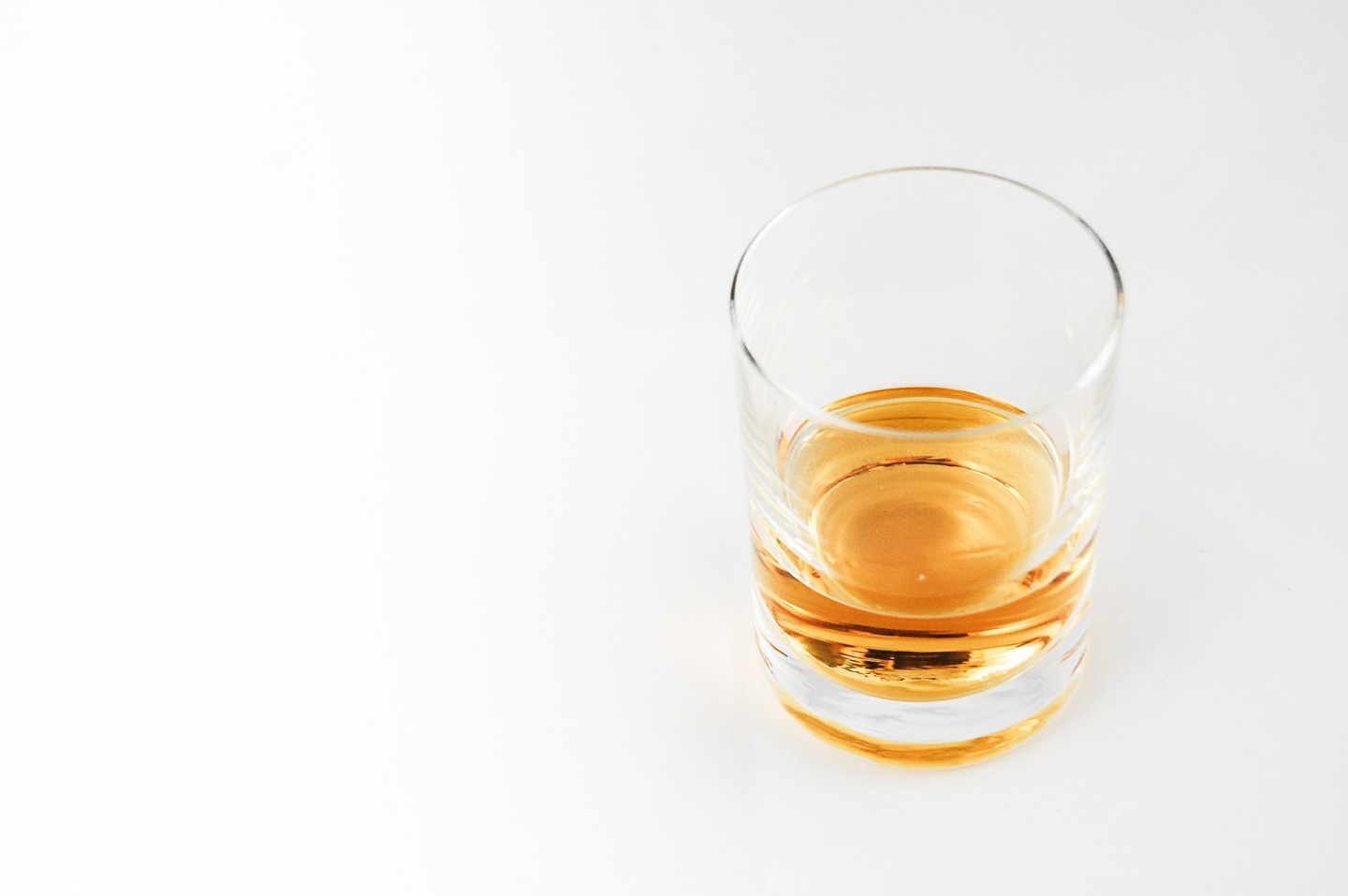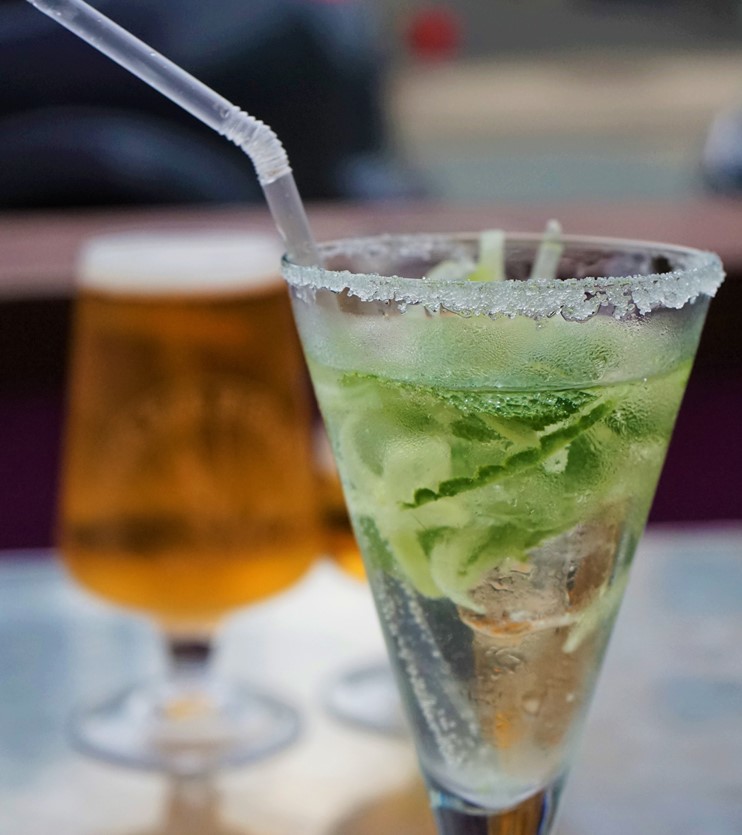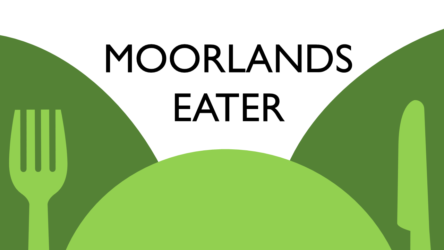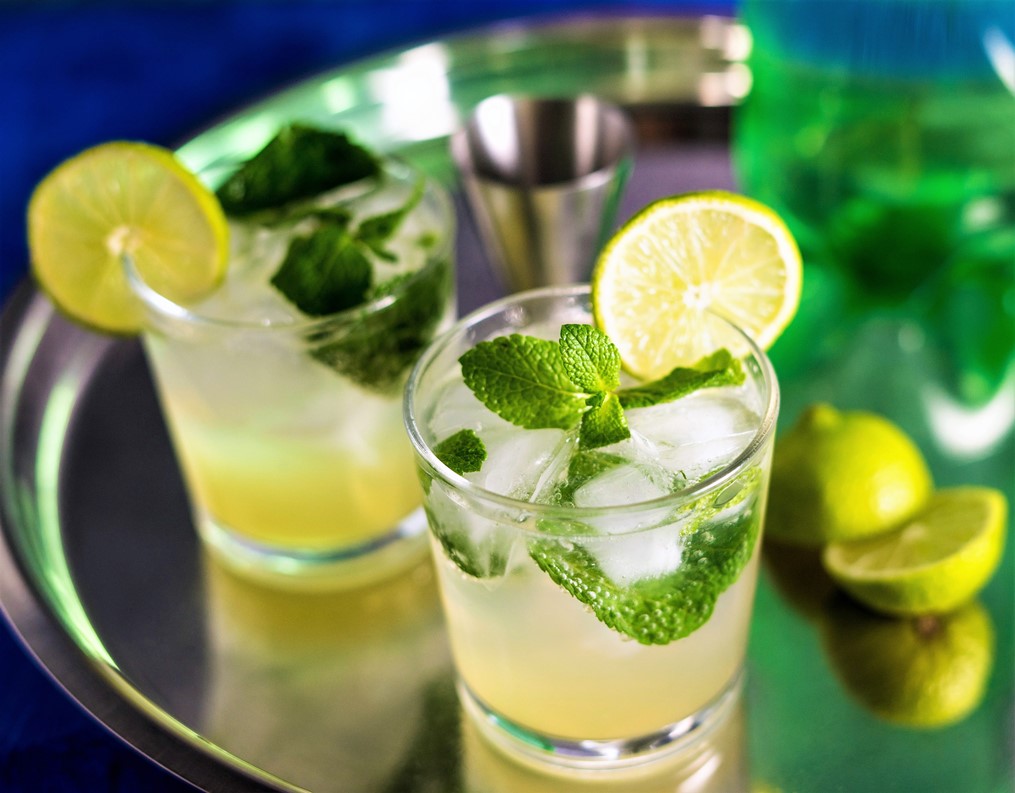Why I’m having a Dry January

Are you one of those people who’ve set themselves the goal of a ‘Dry January’?
Dry January is a campaign run by Alcohol Concern to encourage people to drink no alcohol for the 31 days of January. And I’m going to be one of them – I hope.
Actually, due to having house guests, myself and my partner started on 3 January instead of the first day of 2018, but will continue into the first few days of February.
Like many people, I indulged a fair bit over Christmas and New Year – and why not? After all, despite those who say that the ‘true’ or Christian meaning of Christmas has been lost, there’s plenty of evidence to suggest that festivals have taken place around the winter solstice long before the Christian church adopted them and within those festivals there was often much enjoyment of food and drink.
But while I’m all for brightening the dark days of December with some pagan spirit (both metaphorical and literal) there comes a time when many of us need to re-set our relationship with alcohol and the start of a brand new, unsullied year seems like a sensible place to start.
I have to confess though, that my alcohol intake has been creeping up for a while now and so, for me, Dry January is not just some bandwagon to jump on but a really important goal.
Click here to read my Dry January updates & alcohol-free drinks recipes
My relationship with alcohol: a confession
Like many people in Britain, my relationship with alcohol began at a young age. My father was a heavy drinker, not just going to the pub most nights of the week and during the day at weekends but also drinking at home. Despite the unpleasant and sometimes violent fallout, I nevertheless came to see daily drinking as normal.
As children we would often, at weekends, have a nip of whisky added to our afternoon cup of tea and around Christmas would have drinks like port and lemon or diluted homemade wine. Later, looking older than my age, I would go into pubs with one or two of my sisters plus friends (all of us underage – me VERY underage) and regularly get served alcohol. But as we were never sure we’d be able to convince bar staff of our age (no one ever asked for ID in those days), we’d often drink before we went out, buying from local shops (many of which would sell children anything; including alcohol and single cigarettes!) a half bottle of vodka and a can of orange Fanta between us or maybe a bottle of British ‘sherry’.
I left home at the age of 17 and, while I did drink, I rarely drank a lot, partly due to lack of money. But, gradually, as I gained better employment the drinking increased until, in my thirties, I was doing a lot of drinking at home as well as when out with my partner and friends.
Eventually, in 2008, I had a health scare and it was found that I had the start of a liver problem due to my drinking. This was hardly surprising after myself and my doctor worked out that I was probably drinking the equivalent of 60-70 units a week when health guidance then recommended that women have no more than 21 units a week (the current recommendation is that no one should have more than 14 units over the course of three days).
The damage I’d done to myself, luckily still at an early stage, was the kick I needed and so I set about tackling my relationship with alcohol.
Although I did reverse the damage to my liver in a relatively short time, this wasn’t without a bit of a false start. I’d began with some unspecific notion that I’d just drink less, but I didn’t really have a plan of how to do that – drinking was such a part of my life and habits that I’d reach for a drink almost without thinking. For example, I’ve always enjoyed cooking so, when I got home from work, I’d pour myself a glass of wine to drink while preparing dinner and continue drinking throughout the meal and afterwards until bedtime. Myself and my partner often cooked together so it was a nice, social, pleasant thing to do – both of us drinking all the time of course.
Because these habits were so ingrained, it was only when I decided to start new habits that my alcohol intake got down to sensible levels – the general aim to just ‘drink less’ wasn’t reducing my consumption nowhere near enough.
The new habit I initiated was to not drink at all Monday to Thursday, drinking only Friday, Saturday, Sunday while drinking less and counting units on those days. I think this helped because I didn’t have to think about whether to have a drink or not nor how many to have Monday to Thursday – the decision had already been made.
Initially, because I previously almost never spent an evening without a glass in my hand or within easy reach, I felt the need to have substitutes for alcohol as it seemed odd to be without it. To replace my beloved whisky or brandy with ginger ale I drank apple juice and ginger ale, making sure it was in the same glass I previously would’ve used and with the same amount of ice and lemon. For red wine, I drank red grape juice in a wine glass.
I soon found though, probably because I don’t have a particularly sweet tooth, that I could ditch the alcohol substitutes and just have the occasional herb tea in the evening instead.
Where I am now
In theory, I still don’t drink Monday to Thursdays unless we’re out for the evening, but of late that rule is slipping more and more. I might decide I ‘deserve’ a drink because I’ve had a ‘difficult’ day or maybe I’ve had a bit of an argument with my partner, but it could just as easily be due to wanting to celebrate something positive. To me, this indicates an underlying, psychological dependence on alcohol which is also clearly shown (I now see) in the fact that I didn’t start Dry January on the first of the month. I know our house guests would have understood and been supportive if we’d decided not to drink alcohol from New Year’s Day but the idea of entertaining without it seemed out of the question in my mind.
The new journey begins
So, that’s the story which has brought me to Dry January and the hope that I can press that re-set button again and take back control. I don’t doubt that it’s going to be a tough month (not least because the drinks cabinet is full of leftover Christmas booze) but I’m determined to see it through.
I hope that writing this post will help me to stay the course and perhaps assist someone else on the same journey. Click here to read my Dry January updates
Throughout the month I’m going to be posting recipes for alcohol-free drinks: mocktails, juices and smoothies for when we might feel like a little treat but don’t want to fall off the wagon
click here for my alcohol-free drinks recipes & Dry January updates
If you’re taking part in Dry January, good luck!

